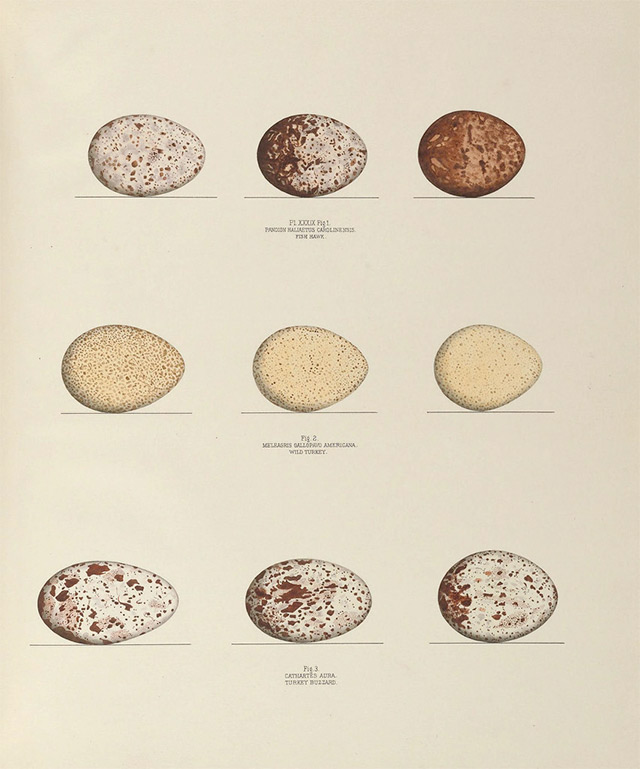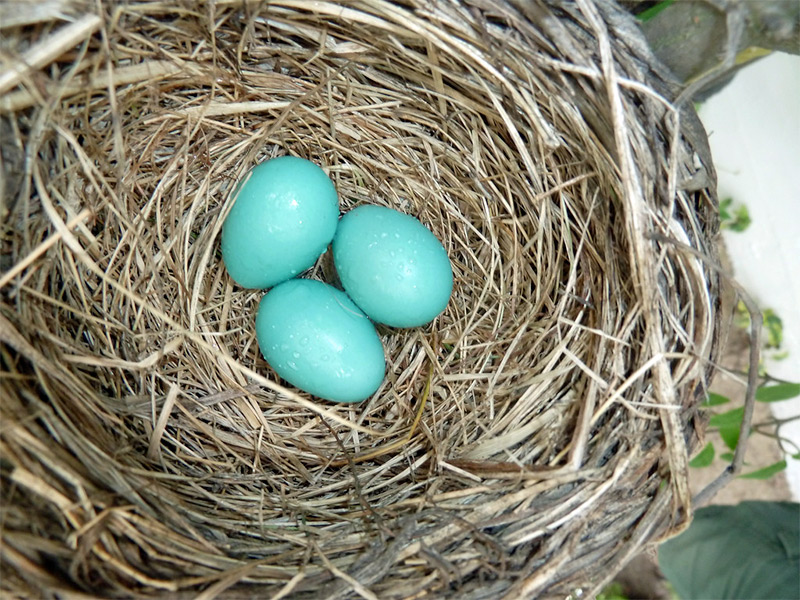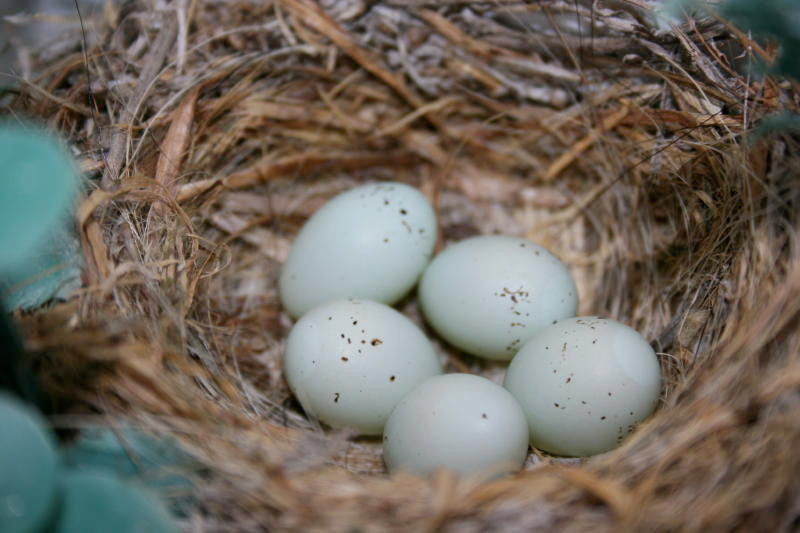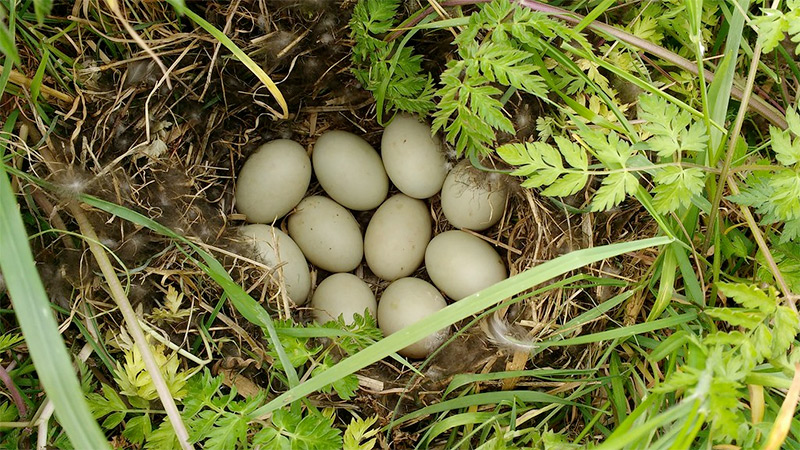Bird Term: Oology
Oology is the study of bird eggs. It also refers to the study of bird nests and breeding behavior. Oology can also refer to the hobby of egg collecting, which is illegal in many locations.
Early scientific ornithological study often involved collecting birds by shooting them to study their anatomy and plumage up close. It also involved the collection and study of their eggs. Scientists studying the difference between samples of Pergrine Falcon eggs over time were able to identify DDT usage as the cause of a decline in raptor populations in the 1960s and 1970s.
Egg collecting as a hobby remained popular as the scientific value of this type of study declined. This was extremely popular especially in the United Kingdom, though the hobby was denounced by the British Ornithologists' Union as early as 1922. Although UK laws have made the amateur hobby collection of eggs illegal since 1954, oologists continue to pursue the hobby by collecting eggs. Egg collecting is illegal in many other jurisdictions as well, including the United States.
Read more:









Comments
Leave a comment
Thank you!